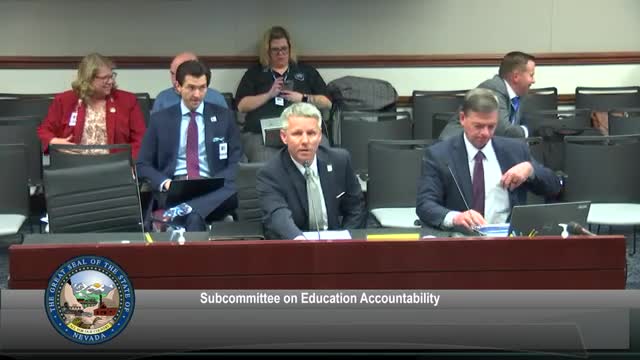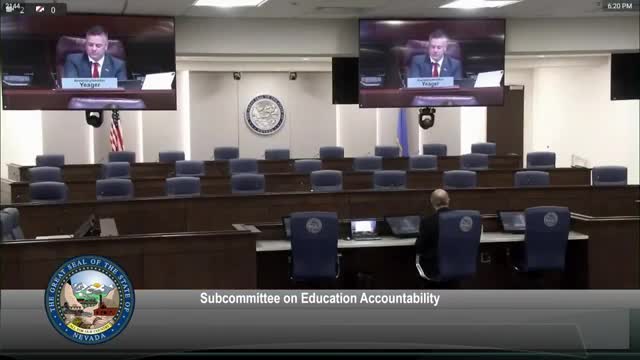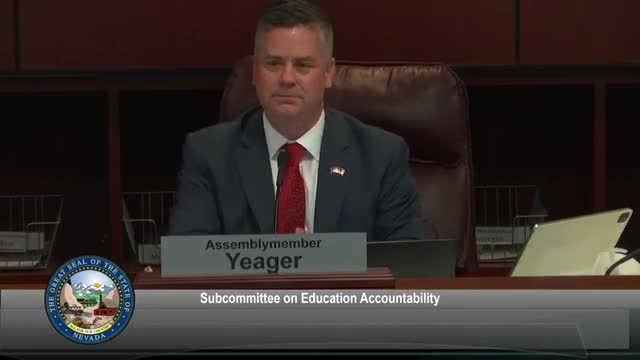Article not found
This article is no longer available. But don't worry—we've gathered other articles that discuss the same topic.

Washoe, Carson City and Clark districts report gains from new funding but warn of shortfalls and federal uncertainty

Commission on School Funding presents 10-year target; recommends sales-tax base expansion and property-tax reforms

